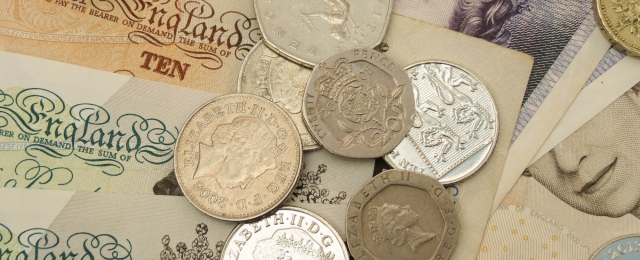Olivia Álvarez (Monex Europe) | Driven by concerns about a no-deal Brexit, in less than a week, the pound sterling has fallen more than 2.7% against the euro, reaching its lowest levels in the last two years.
The arrival of Boris Johnson as the new Prime Minister has sparked this aggressive depreciation of the currency, even though the euro has shown a notably downward trend following the change in ECB monetary policy and the weak economic situation in the Eurozone.
Johnson´s determination to leave the EU on 31 October, with or without agreement, increases the chances of a no-deal Brexit and, as a consequence, a deep economic recession in the UK. Only three months from the deadline, Boris Johnson refuses to accept the only agreement the EU is willing to offer for the moment. This leaves the Prime Minister with the option of further delaying the exit date (which would be politically devastating for the Conservative Party) or, on the other hand, leaving the block unilaterally.
According to Brexit Secretary Michael Gove, the new government assumes that a no-deal Brexit is the “base case”, which leaves this scenario a probability greater than 50% (and not 1 in a million, as Boris Johnson said in his electoral campaign). In this case, the pound would continue to fall in the next quarter. As a point of reference, GBP/EUR parity is only 6.2% from its historic low, which seems plausible given the rate of depreciation of the currency in recent months (more than 7.5% since May).
However, the low level of the pound also adds the potential for a strong recovery if both sides agree an ordered exit, or some other outcome emerges which avoids a unilateral exit (e.g. a provisional agreement, a general election etc). The still consistent state of macroeconomic fundamentals in the UK, in particular employment and consumption, could even require monetary adjustment in the medium term if the risk of a unilateral Brexit disappears. This scenario could be possible if we assume that the current posture of Boris Johnson is only a strategy to secure concessions from the EU before agreeing Brussel´s terms. However, the enormous political cost for the Conservatives in accepting a failed agreement or again extending the exit deadline suggest that perhaps a unilateral divorce could happen this time.





